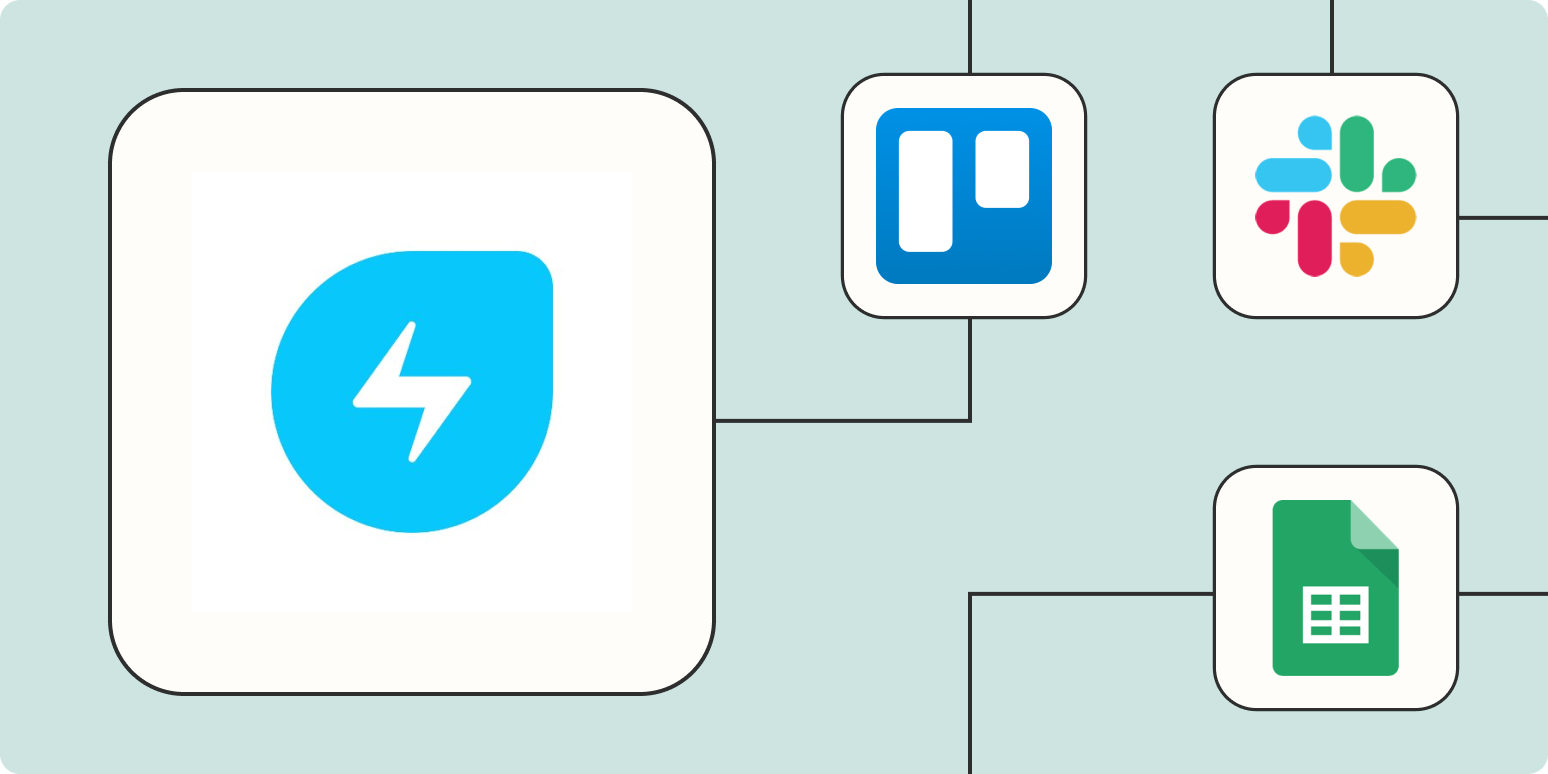
Unlocking Efficiency – Effective Cloud Email Solutions for Small Business
In today’s digital landscape, cloud email solutions for small business are indispensable. These solutions not only streamline communication but also enhance collaboration and productivity across teams. As small businesses increasingly turn to cloud-based technologies, understanding how to leverage these tools effectively becomes crucial for success.
Information

Cloud email solutions refer to email services that are hosted on the internet instead of being managed on local servers. This approach provides numerous advantages over traditional email systems, including:
- Accessibility: Team members can access their emails from anywhere, at any time, using various devices.
- Cost-effective: Many cloud email solutions offer scalable pricing plans that suit small business budgets.
- Collaboration tools: Integration with other cloud services (like document sharing and project management) enhances teamwork.
- Security features: Most cloud providers invest in robust security measures to protect sensitive business information.
- Automatic updates: Providers manage software updates and maintenance, ensuring you always have the latest features.
Understanding these benefits allows small business owners to make informed decisions about implementing cloud email solutions.
How to Write 5 Paragraphs Using List to Present
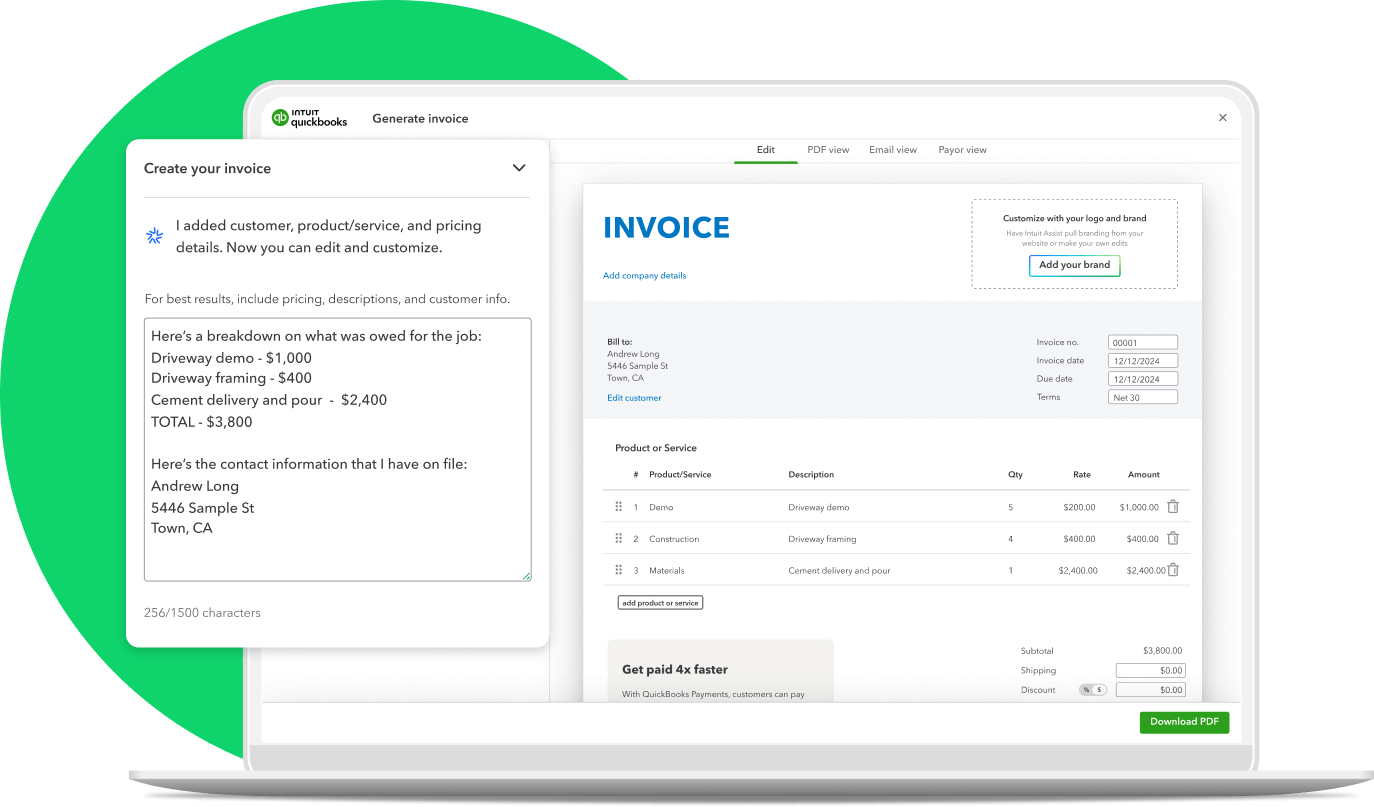
When discussing cloud email solutions for small business, it’s vital to structure your content effectively. Here’s a step-by-step guide for writing five comprehensive paragraphs:
- Introduction
- Introduce the topic of cloud email solutions.
- Explain why it is relevant to small businesses today.
- Mention the importance of communication and collaboration.
- What Are Cloud Email Solutions?
- Define cloud email solutions.
- Discuss how they differ from traditional email systems.
- Highlight key features such as accessibility, cost-effectiveness, and security.
- Benefits of Cloud Email Solutions for Small Business
- List major benefits:
- Increased productivity
- Enhanced collaboration
- Better security
- Scalability
- Cost savings
- Elaborate on each benefit with examples.
- List major benefits:
- Choosing the Right Cloud email provider
- Discuss factors to consider when selecting a provider:
- Pricing and budget constraints
- Features needed (e.g., storage capacity, integration with other tools)
- Customer support options
- Security protocols
- Provide tips on comparing different services.
- Discuss factors to consider when selecting a provider:
- Implementation and Best Practices
- Offer best practices for successfully implementing a cloud email solution:
- Train employees on the system.
- Establish guidelines for usage and etiquette.
- Regularly review and assess the system’s effectiveness.
- Encourage continuous learning and adaptation.
- Offer best practices for successfully implementing a cloud email solution:
By following this structured approach, you can effectively communicate the value of cloud email solutions to small business owners.
Special Tips Tricks
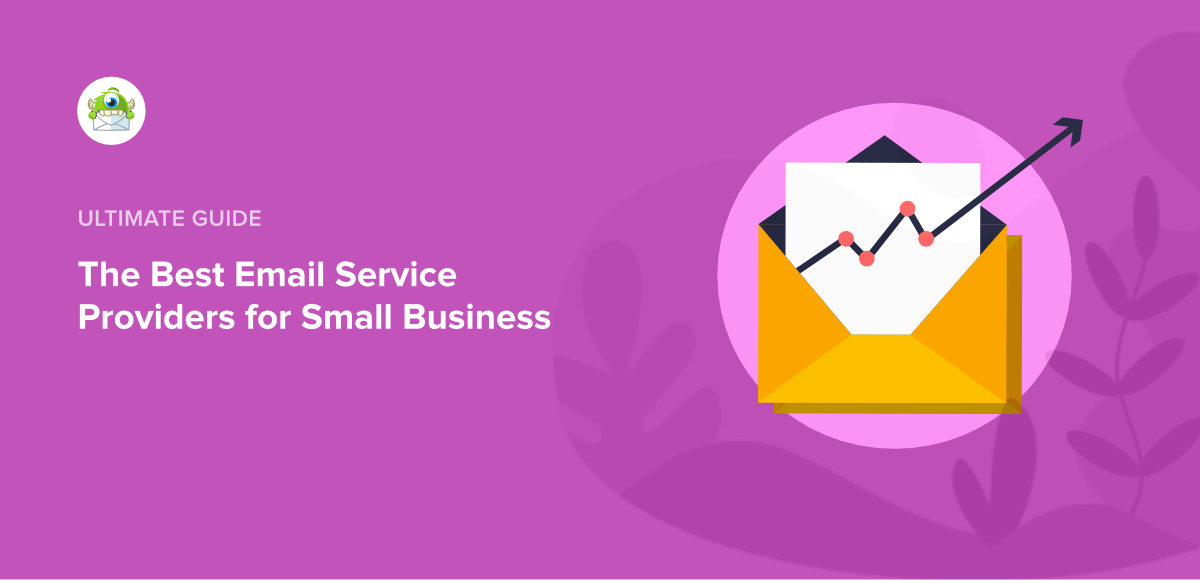
To maximize the effectiveness of cloud email solutions for small business, consider the following special tips and tricks:
- Utilize Integrated Tools: Look for providers that offer tools like calendars, task lists, and file storage to create a cohesive work environment.
- Set Up Custom Domains: Use a custom domain for your business email to enhance professionalism and brand identity.
- Leverage Automation Features: Take advantage of automation tools within cloud email services to manage repetitive tasks efficiently.
- Implement Strong Security Protocols: Regularly update passwords, enable two-factor authentication, and educate staff about phishing scams.
- Regular Backup: Ensure that your emails and data are backed up frequently to prevent loss in case of unforeseen incidents.
By incorporating these tips, small businesses can significantly improve their email management processes.
Key Facts
Here are some essential facts about cloud email solutions for small business:
- Market Growth: The global cloud email market is expected to reach $15 billion by 2026, highlighting its increasing adoption among businesses.
- Popular Providers: Major players in the market include Google Workspace, microsoft 365, and Zoho Mail, each offering unique features tailored to small businesses.
- Impact on Productivity: Studies show that businesses using cloud email solutions report a 20-30% increase in employee productivity due to streamlined workflows.
- Security Investments: Cloud email providers typically invest heavily in security measures, making them a safer option than traditional email systems maintained on local servers.
- User-Friendly Interfaces: Modern cloud email platforms focus on user experience, providing intuitive interfaces that require minimal training.
These key facts showcase the significance and reliability of cloud email solutions for small businesses.
FAQs
What are the most popular cloud email solutions for small businesses?
Popular providers include:
- Google Workspace: Offers gmail, Google Drive, Docs, and more, allowing seamless collaboration.
- Microsoft 365: Provides Outlook, Teams, and OneDrive, catering to businesses that require robust functionality.
- Zoho Mail: A cost-effective solution ideal for startups with basic needs.
How secure are cloud email solutions?
Security varies by provider, but many:
- Implement encryption to protect data in transit and at rest.
- Offer two-factor authentication for added security.
- Regularly update security protocols to counter new threats.
Can I migrate from my current email service to a cloud solution easily?
Yes, most providers:
- Offer migration tools or services to help transition from traditional email systems.
- Provide guidance and support throughout the migration process to ensure minimal disruption.
How much do cloud email solutions cost?
Pricing depends on:
- The number of users.
- Required features (e.g., storage capacity, additional collaboration tools).
- Typically ranges from $5 to $25 per user per month.
Do I need an IT team to manage cloud email solutions?
Not necessarily:
- Most cloud email providers handle maintenance and updates.
- Basic troubleshooting can often be done by users themselves or through customer support.
Conclusion
In conclusion, adopting cloud email solutions for small business is not just a trend—it’s a strategic move that can significantly enhance communication, collaboration, and overall operational efficiency. By understanding the benefits, choosing the right provider, and implementing best practices, small business owners can harness the full potential of cloud technology, paving the way for growth and success in an increasingly digital world. Embrace the change today, and watch your business thrive!
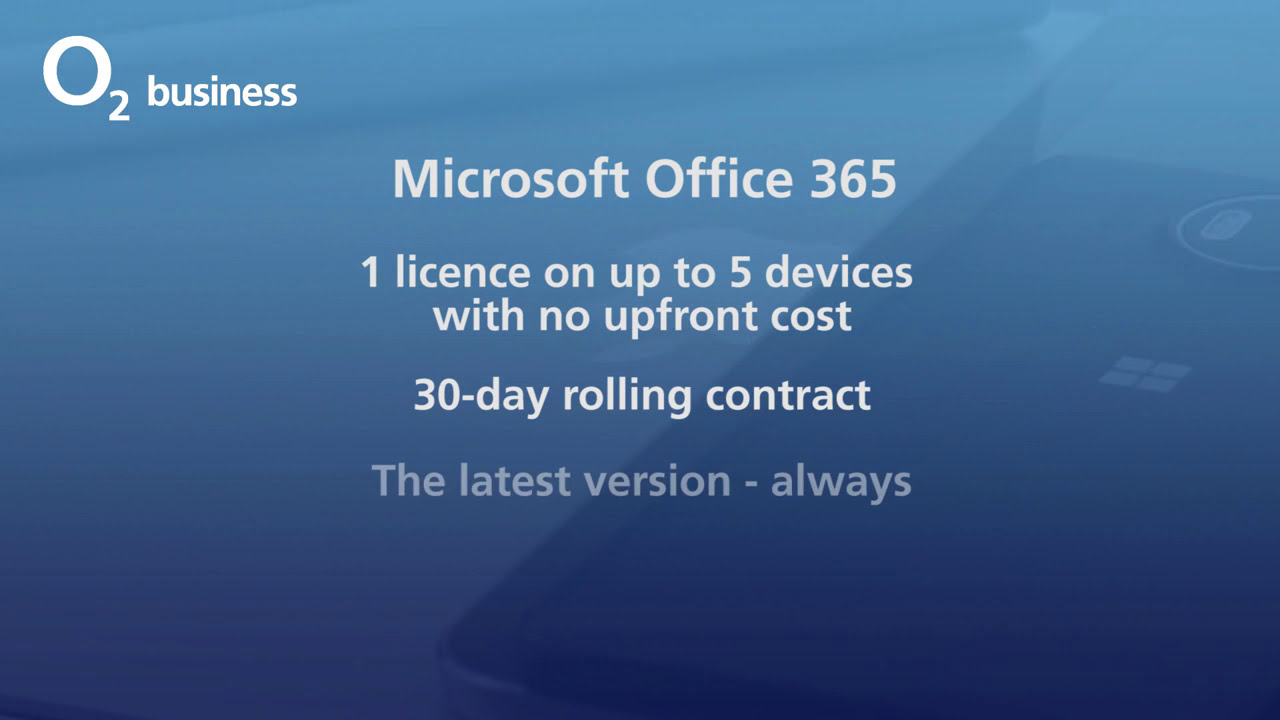

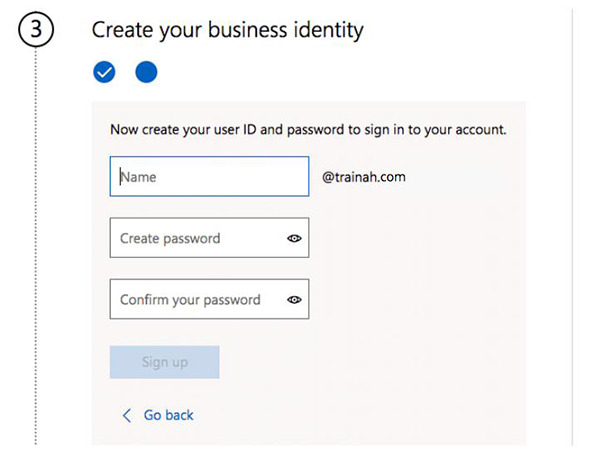
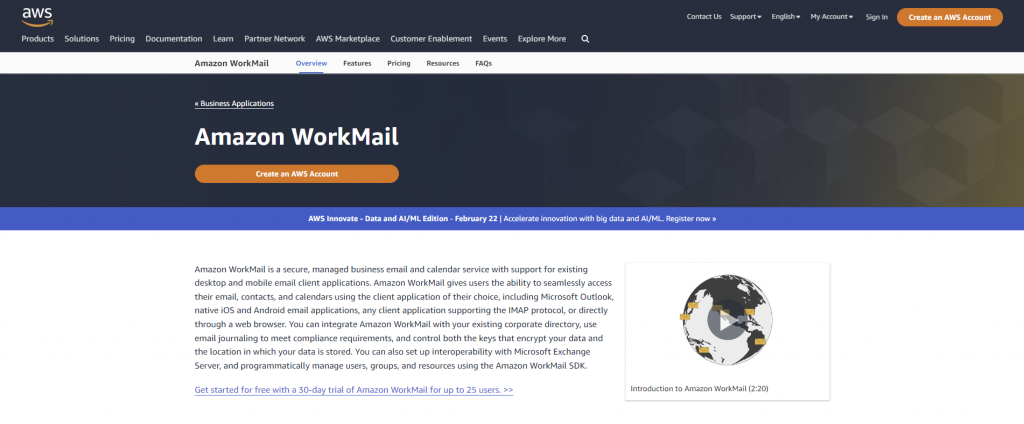

Comments (0)